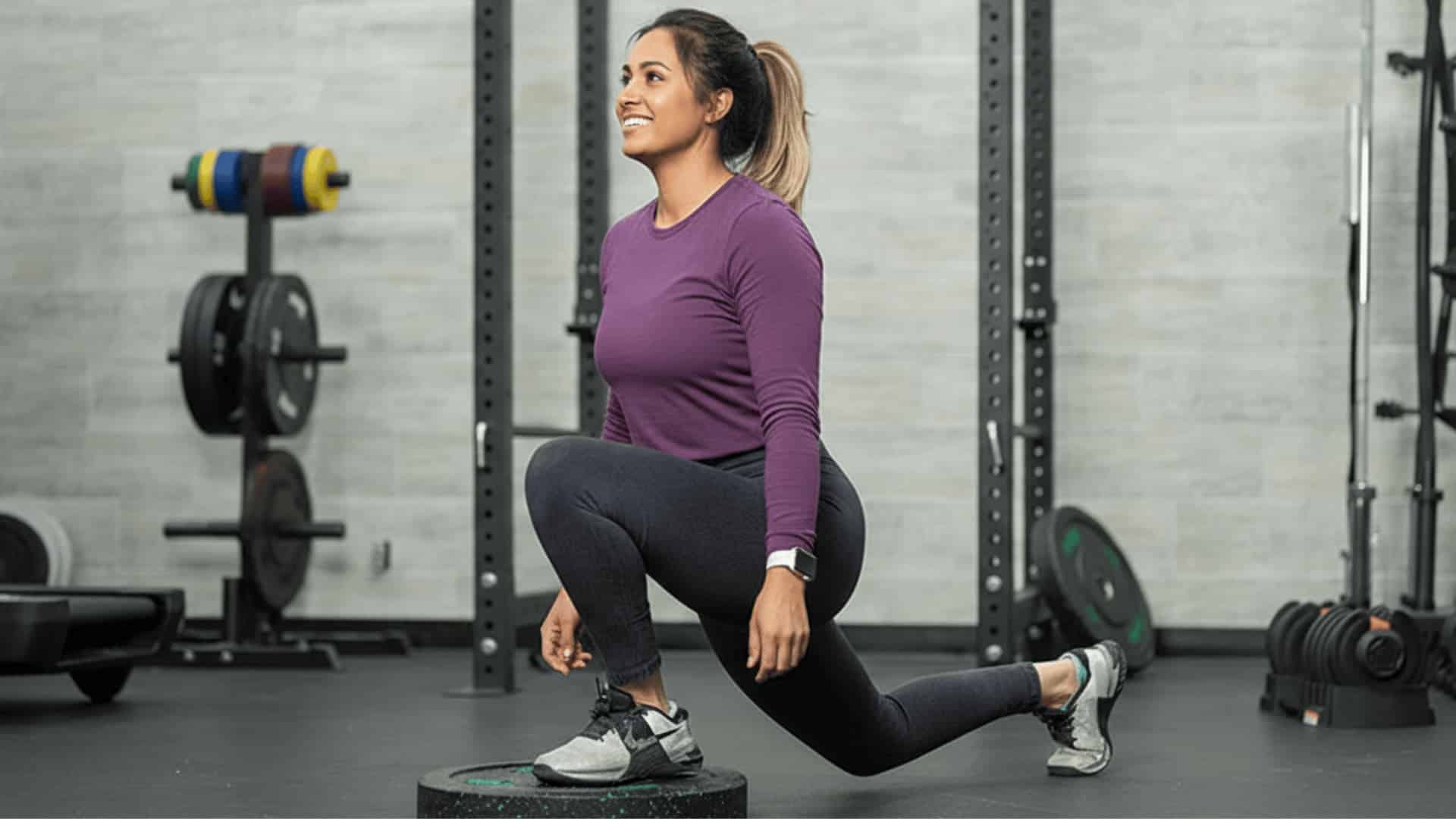Do you toss and turn all night only to wake up with a stiff, aching neck? Learning how to sleep to avoid neck pain can change your mornings from miserable to refreshing.
Many people blame their pillows or mattresses without realizing that their sleep position creates the real problem.
I’ll show you exactly which positions work best and which ones to avoid completely. Simple changes to your bedtime routine can prevent ongoing neck discomfort and stiffness.
You don’t need expensive equipment or complicated solutions to sleep better tonight. The right sleeping position, pillow choice, and mattress can make all the difference. Learning how to sleep to avoid neck pain starts with understanding proper alignment.
Why Sleep Position Matters for Neck Health
Sleep position matters for neck health because it affects the alignment of the neck and spine. The neck has a natural curve that needs to stay in place to avoid stiffness and pain.
Poor sleep postures, especially sleeping on the stomach, force the neck to twist in awkward ways. This can pinch nerves and strain muscles, leading to pain.
Research from the National Library of Medicine shows that sleeping on your stomach is linked to more neck symptoms.
Experts at Harvard Health explain that sleeping on your back or side helps keep the neck relaxed and in a better position. Proper sleep posture supports healing and prevents pain from getting worse
How to Sleep to Avoid Neck Pain: Sleeping Positions Explained
Your sleeping position plays a major role in whether you wake up with neck pain or stiffness. Some positions support proper spinal alignment, while others can cause strain and discomfort throughout the night:
Sleeping on Your Back

Sleeping on your back is the healthiest position for neck alignment. It keeps the head, neck, and spine in a straight, neutral line.
According to the Sleep Foundation, this position evenly distributes body weight and reduces pressure points, helping avoid neck stiffness.
A small pillow under the neck can support its natural curve. The National Library of Medicine notes that proper hand placement during back sleeping also helps reduce strain on neck muscles and keeps the spine aligned.
Sleeping on Your Side

Side sleeping helps keep your spine aligned by maintaining a straight line from your head to your lower back.
Experts recommend using a pillow thick enough to fill the space between your ear and shoulder to avoid neck bending.
The Sleep Foundation says this position lessens pressure on the spine and may relieve neck pain. The National Library of Medicine suggests that placing a body pillow alongside your body can help prevent rolling and maintain your posture.
Stomach Sleeping: Why to Avoid It

Sleeping on your stomach puts your neck in a twisted position for breathing, causing strain. This often leads to muscle tightness and pinched nerves.
The Harvard Health Publishing warns that stomach sleeping increases neck muscle activity, raising pain risk.
If you can’t give up stomach sleeping, using no pillow or a very thin pillow under your head can reduce neck strain. Experts advise trying to transition to side or back sleeping for better neck health.
Choosing the Right Pillow to Prevent Neck Pain
The right pillow can make the difference between waking up refreshed and starting your day with neck stiffness. These key factors help you find the perfect pillow for comfortable, pain-free sleep:
- Pillow types that support neck health: Memory foam molds to your head shape, cervical pillows provide targeted neck support, and feather pillows offer adjustable comfort.
- Height and firmness for your sleep style: Back sleepers need thin to medium pillows, side sleepers require thicker pillows, and stomach sleepers should use very thin options.
- Replace your pillow when these signs appear: It no longer springs back when folded, you wake up with neck stiffness, or it’s over two years old.
- Extra neck support techniques: Roll a small towel and place it under your neck curve for additional support during sleep.
Taking time to choose the right pillow is an investment in your daily comfort and health. A good pillow should keep your neck in a neutral position throughout the entire night.
Mattress Considerations for Neck and Spine Health
Your mattress plays a crucial role in supporting proper neck alignment throughout the night. A medium-firm mattress provides the best balance of support and comfort for most sleepers.
It keeps your spine straight without being too hard or too soft. Side sleepers often need slightly softer mattresses to cushion their hips and shoulders properly.
Back sleepers usually do well with firmer support that maintains their spine’s natural curves. Stomach sleepers require firmer surfaces to prevent their hips from sinking too deeply.
Test your current mattress by lying down and checking if your spine feels straight. If you wake up with neck stiffness or back pain regularly, your mattress might be contributing. Replace mattresses that sag or no longer provide adequate support for comfortable sleep.
Additional Tips for Sleeping Without Getting Neck Pain
Simple lifestyle changes can significantly improve your sleep quality and reduce morning neck stiffness. These daily habits work together with proper pillows and mattresses to support healthy neck alignment:
- Keep a regular sleep schedule: Going to bed and waking up at the same times helps your muscles recover and reduces tension buildup
- Do gentle stretches before bed: Light neck rolls and shoulder stretches for five minutes can release daily tension and prepare muscles for rest
- Put screens away one hour before sleep: Looking down at phones or tablets creates forward head posture that strains neck muscles throughout the day
- Create an ideal sleep environment: Keep your room between 60-67 degrees, use blackout curtains, and practice deep breathing to reduce stress levels
These habits become more effective when practiced consistently over several weeks rather than occasionally. Small changes in your evening routine can lead to significant improvements in how your neck feels each morning.
When to See a Doctor or Specialist

If neck pain lasts more than a few weeks or worsens, it’s essential to consult a doctor. Pain spreading to your shoulders, arms, or causing numbness may show nerve involvement.
According to the Mayo Clinic, weakness in the arms or hands also needs medical care. Harvard Health Publishing says physical therapy can strengthen your neck and reduce pain.
Chiropractors may help alleviate muscle tightness, while orthopedic specialists address more severe issues.
Early treatment helps stop the pain from worsening and improves recovery. If neck pain affects daily activities or sleep, seek professional advice promptly.
Final Thought
Now you know exactly how to sleep to avoid neck pain and wake up feeling refreshed every morning. You have practical solutions for choosing the right position, pillow, and mattress for your specific needs.
I recommend focusing on consistency rather than perfection when building new sleep habits for better rest. Small changes, such as adjusting your pillow height or switching sleep positions, can make a huge difference.
Don’t ignore persistent neck pain that lasts more than a few weeks without improvement. Professional help is available when home remedies aren’t enough to solve ongoing problems.
Your daily comfort starts with good sleep posture and proper support throughout the night. Share your biggest sleep challenge and drop a comment below about which tip you plan to try first!








